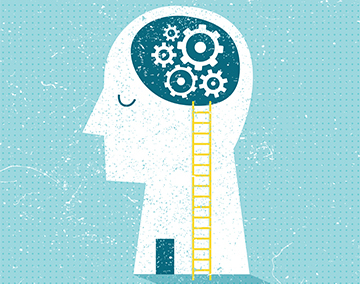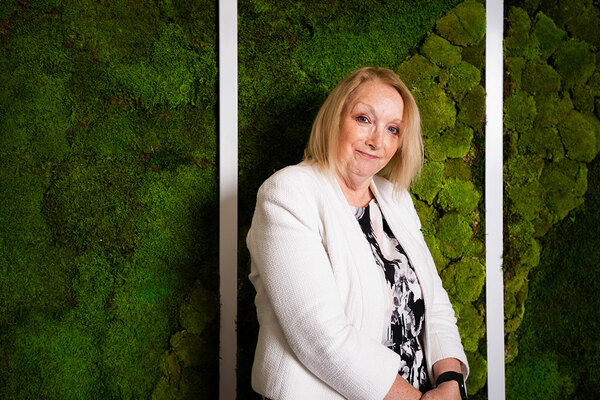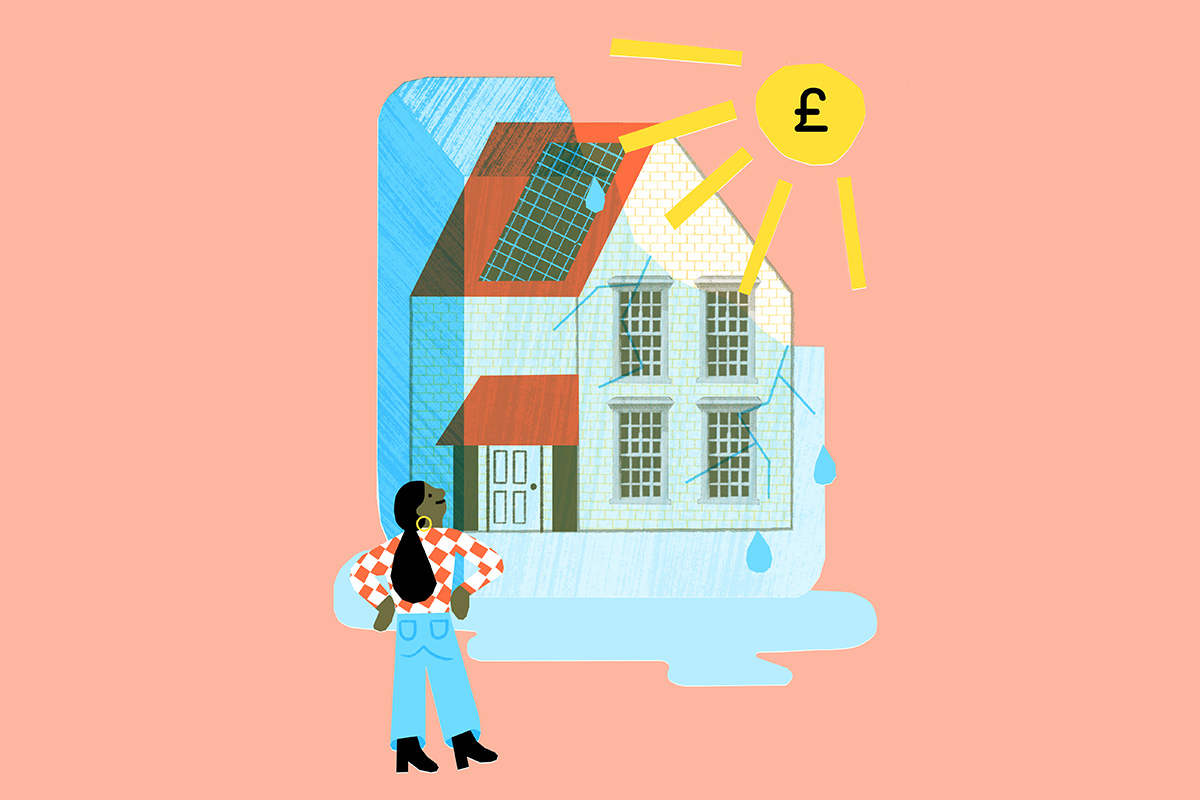You are viewing 1 of your 1 free articles
We need to share best practice to tackle mental health issues
As World Mental Health Day is marked, the industry is recognised as doing some notable work on addressing the issues. The problem is the messages are not being shared, says Mark Henderson
There’s been a glut of reports recently pointing out that more than half of working days lost across the UK last year were because of mental health issues.
It seems all the reports, without exception, have focused on the cost to the economy – from a loss of £1,300 per head per year to an overall cost of around £37bn.
What we’re not awash with are reports that capture the emotional and physical cost of mental health issues on individuals, their families and their colleagues. Not to mention the tremendous energy some organisations expend to support their staff.
That’s what we need to see, not headlines about the economic cost.
There’s some brilliant work being done by organisations in this area – from small and medium-sized enterprises to large multinationals. The problem is it’s not widely publicised, which makes it incredibly difficult for others to learn from. We desperately need to change that.
Thousands of people are suffering because we aren’t sharing best practice. We only need to look within our own sector to see the devastating impact the lack of support is having on individuals, their families and colleagues.
According to the Office for National Statistics more than 1,400 construction workers took their own lives between 2011 and 2015.
In 2016, the figure stood at 450 – more than three times the national average for men.
The construction industry is quite a unique environment and the statistics, while still shocking, to a limited degree are understandable. More than 80% of workers are male, and men are far more likely to take their own lives than women.
Workers spend long periods away from home, friends and family, in a lonely and unforgiving culture. You are exposed to a range of potential addictions – from drinking and drugs to online gambling. One issue can quickly increase to three.
Nonetheless, the statistics shouldn’t be anywhere near as shocking as they are, and I doubt they would be if there was more awareness of the kind of support available.
The construction industry is not oblivious to the issues it faces. However, it is still in the early stages of addressing them. More is being done, but it is a challenge. It’s reassuring to see it is high up on the agenda at UK Construction Week, which is taking place in Birmingham this week.
The industry needs support. It needs to have greater access to best practice. We, our sector and others, need to share what we’re doing.
We at Home Group, like other housing associations, are increasing and improving our support for colleagues dealing with mental health issues. And what is inspiring is the level of empathy colleagues are showing, along with a great willingness to support each other.
For example, during our initial discussions with the mental health initiative Time to Change, we were tasked with having 10 Time to Change Champions across the organisation.
These are colleagues who have signed a pledge to make Home Group a safe place for all, and who will be visible advocates and supporters of colleagues in a period of poor mental health.
“There’s some brilliant work being done... the problem is it’s not widely publicised, which makes it incredibly difficult for others to learn from. We desperately need to change that”
The response has been phenomenal. We currently have 150 champions – all proudly sporting a badge to let everyone who comes into any Home Group space know that it’s safe for them to talk openly and be supported.
Alongside this we also set ourselves a target, as a bare minimum, to achieve around 65 mental health first aiders (MHFAs) across the organisation. We’ve got 500.
Close to 100 of those colleagues have agreed to be on a central list, so anyone can find someone to reach out to in a time of crisis, regardless of their location.
This means those who work more remotely can still get the same level of access to support as someone based at one of our central offices. It also means colleagues who may not want to discuss their crisis with those around them can still reach out and receive support.
Other support includes access to employee assistance programme services, which provide confidential over-the-phone and face-to-face counselling.
We have a contract with an occupational health provider, Team Prevent, which provides occupational health assessments that support a line manager in understating a colleague’s condition and how best to support them.
There is a closed group on our internal site Workplace, which offers peer support for those who suffer from mental health issues. These are only a few examples of the types of support on offer for colleagues.
“What is inspiring is the level of empathy colleagues are showing, along with a great willingness to support each other”
There’s nothing groundbreaking in our work, just a set of interventions, listening posts, and support networks underpinned by a high level of commitment to help colleagues deal with issues that affect one in four of us.
Conditions vary from mild obsessive-compulsive disorder to severe anxiety and depression.
The latter two were major factors for lost working days in the construction industry last year, and ones which would seem to contribute to the alarming statistics mentioned earlier.
We can’t change those statistics directly. But we can share what we and others are doing to support our colleagues, in order for the construction industry to support theirs.
Today, on World Mental Health Day, is a great time for us to open up and support those who need it most. I know we’re ready to do just that.
Mark Henderson, chief executive, Home Group













